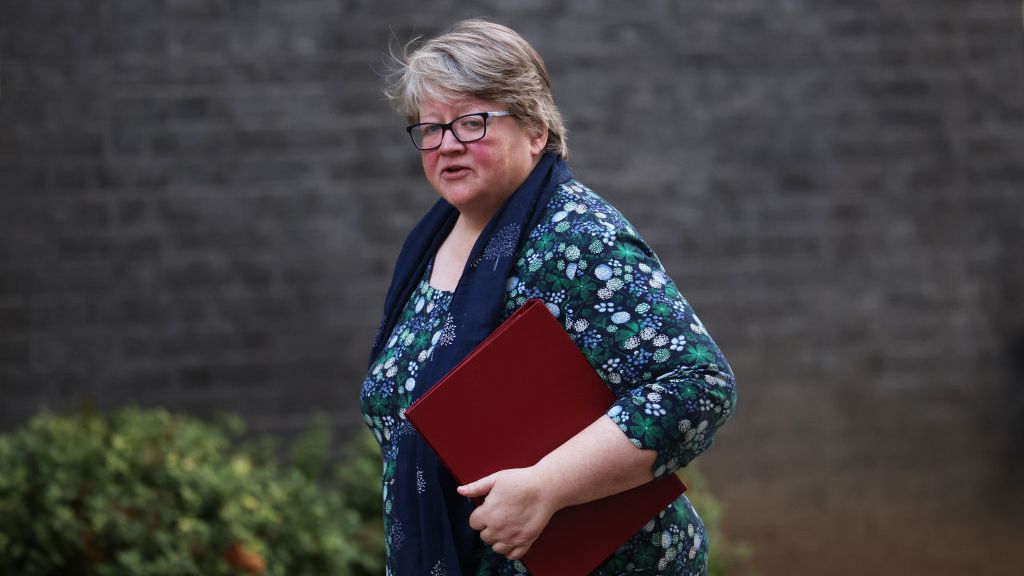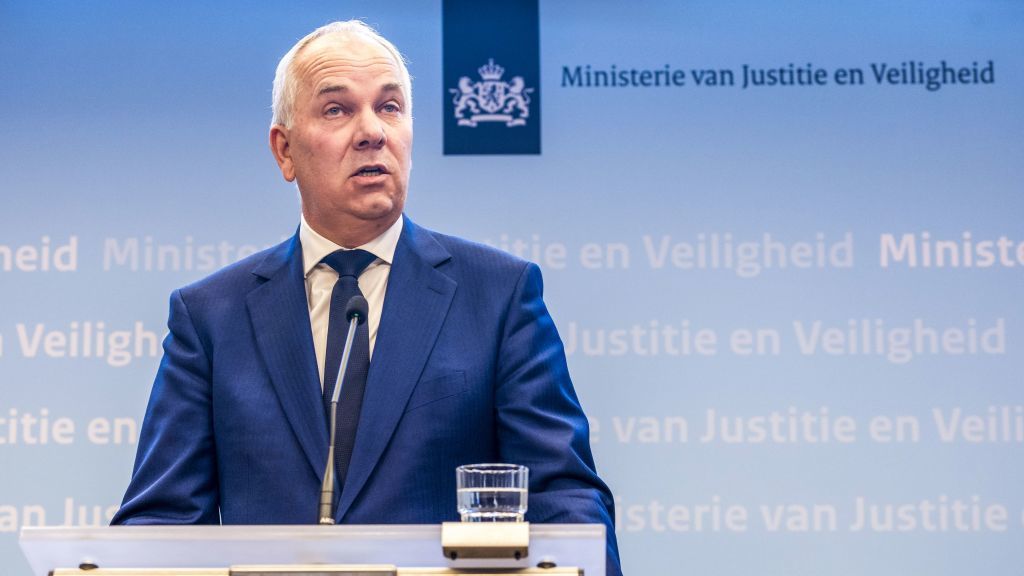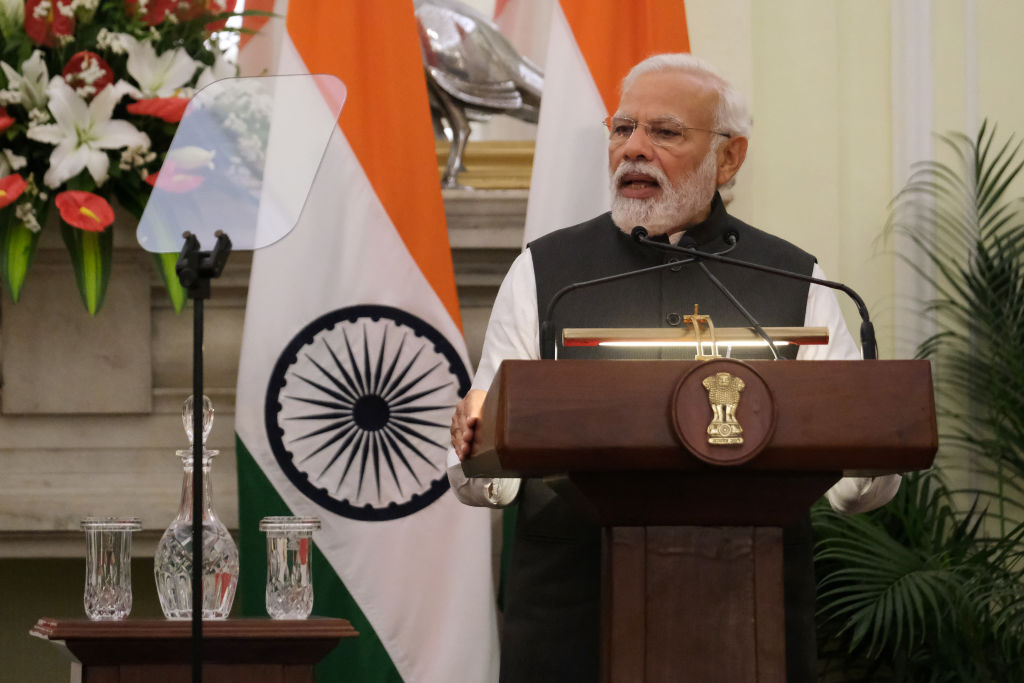Osborne: Treasury hammered by hackers
George Osborne says the Treasury was targeted by some highly sophisticated attacks last year, with more than one a day aimed at the department.


The UK Government's Treasury is a cyber criminal favourite when it comes to targeting Whitehall departments, the Chancellor of the Exchequer has revealed.
In 2010, there were hundreds of serious and pre-planned attempts to break into the Treasury's computer system by "hostile intelligence agencies," George Osborne told delegates at the Google Zeitgeist meeting today.
This meant the department was being targeted by such attacks on average more than once a day.
There are over 20,000 malicious emails sent to Government networks in "any given month," Osborne said.
"We are not taking this challenge lying down," he added.
"We are determined to get the security question right, so that we can maximise the opportunities that the internet age presents."
One specific attempt on the Treasury saw a G20-related, legitimate email cloned just minutes after it had been sent out. The second email, which was sent to the same address list as the first, contained a malicious attachment.
Get the ITPro daily newsletter
Sign up today and you will receive a free copy of our Future Focus 2025 report - the leading guidance on AI, cybersecurity and other IT challenges as per 700+ senior executives
"To the recipient it would have simply looked like the attachment had been sent twice," Osborne said. "Fortunately, our systems identified this attack and stopped it."
In the Spending Review last year, Osborne announced the Government would invest 650 million in a new National Cyber Security Programme.
The Government should arguably be investing more in tackling cyber crime as this will pose serious threats for the future.
Osborne was at the Google Zeitgeist meeting to talk about plans for greater use of open data, so businesses could take advantage of the huge amount available to them.
With the increase in data, the Government needs to take security seriously, Osborne noted, citing the recent attacks on Sony's Playstation Network.
Earlier this year Foreign Secretary William Hague admitted the Government was sent a series of malicious emails in late 2010, claiming to be from the White House. The emails - a large number of which bypassed some of the Government's filters - contained a link which downloaded a variant of Zeus Trojan.
Again, the administration was successful in clearing up the infection without harm.
Rob Cotton, chief executive of NCC Group, said the Government may want to look at investing in cyber crime more though.
"Appointing an expert to focus on open data is all well and good. However, the Government should arguably be investing more in tackling cyber crime as this will pose serious threats for the future," Cotton said.
"Baroness Neville-Jones' appointment as Special Representative to Business on Cyber Security last week was one step forward on this matter but the Government must ensure that her role is not merely lip-service and that it makes a tangible difference to a very real problem."
The UK should look to the US, which recently outlined proposals for improved cyber security, for guidance on introducing such initiatives, Cotton said.
Tom Brewster is currently an associate editor at Forbes and an award-winning journalist who covers cyber security, surveillance, and privacy. Starting his career at ITPro as a staff writer and working up to a senior staff writer role, Tom has been covering the tech industry for more than ten years and is considered one of the leading journalists in his specialism.
He is a proud alum of the University of Sheffield where he secured an undergraduate degree in English Literature before undertaking a certification from General Assembly in web development.
-
 Cleo attack victim list grows as Hertz confirms customer data stolen
Cleo attack victim list grows as Hertz confirms customer data stolenNews Hertz has confirmed it suffered a data breach as a result of the Cleo zero-day vulnerability in late 2024, with the car rental giant warning that customer data was stolen.
By Ross Kelly
-
 Lateral moves in tech: Why leaders should support employee mobility
Lateral moves in tech: Why leaders should support employee mobilityIn-depth Encouraging staff to switch roles can have long-term benefits for skills in the tech sector
By Keri Allan
-
 The UK cybersecurity sector is worth over £13 billion, but experts say there’s huge untapped potential if it can overcome these hurdles
The UK cybersecurity sector is worth over £13 billion, but experts say there’s huge untapped potential if it can overcome these hurdlesAnalysis A new report released by the DSIT revealed the UK’s cybersecurity sector generated £13.2 billion over the last year
By Solomon Klappholz
-
 "Thinly spread": Questions raised over UK government’s latest cyber funding scheme
"Thinly spread": Questions raised over UK government’s latest cyber funding schemeThe funding will go towards bolstering cyber skills, though some industry experts have questioned the size of the price tag
By George Fitzmaurice
-
 Threat of cyber attacks to national security compared to that of chemical weapons
Threat of cyber attacks to national security compared to that of chemical weaponsNews The UK government has raised the threat level posed by cyber attacks, deeming it greater on average than an event such as the Salisbury poisoning
By Rory Bathgate
-
 2022 Public Sector Identity Index Report
2022 Public Sector Identity Index ReportWhitepaper UK Report
By ITPro
-
 UK and Japan strike digital partnership to collaborate on IoT security, semiconductors
UK and Japan strike digital partnership to collaborate on IoT security, semiconductorsNews The two countries are also set to align their approaches to digital regulation to make it easier for companies to operate in each nation
By Zach Marzouk
-
 Defra's legacy software problem 'threatens' UK gov cyber security until 2030
Defra's legacy software problem 'threatens' UK gov cyber security until 2030News The department spends over two-thirds of its digital budget on maintaining the risky applications, with no plan in place for a fix within the decade
By Rory Bathgate
-
 Netherlands urges citizens to prepare survival kits in case hackers target critical infrastructure
Netherlands urges citizens to prepare survival kits in case hackers target critical infrastructureNews The latest campaign from the national coordinator for security echoes the growing concern in the UK government over serious cyber attacks
By Zach Marzouk
-
 India’s new data protection bill continues to “facilitate state surveillance”
India’s new data protection bill continues to “facilitate state surveillance”News Although data localisation requirements have now been removed, it’s down to the Indian government to select which countries data is allowed to be sent to
By Zach Marzouk